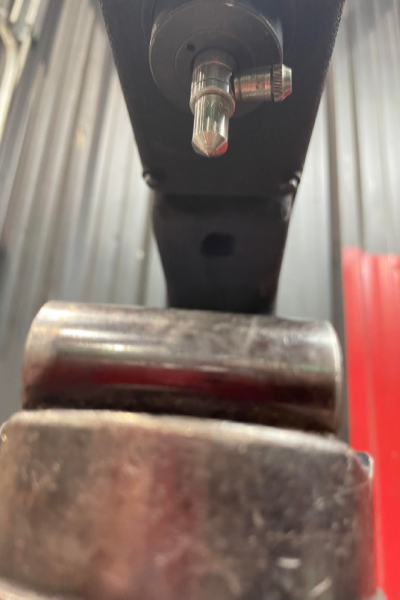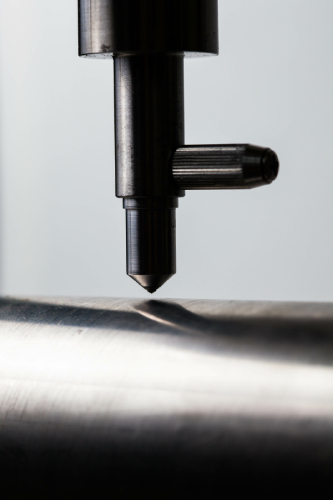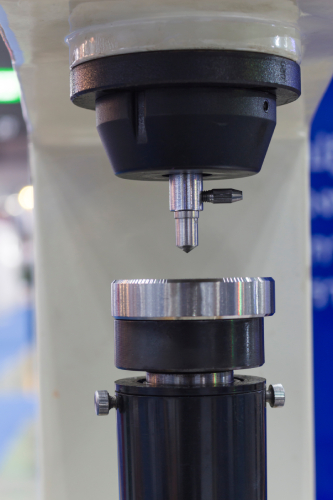Northern Heat Treat Ltd. is a trusted provider of steel hardening services. As part of our commitment to quality control, our team has hardness testing capabilities to examine materials and components for consistent and optimal hardness, based on application.
There are multiple varieties of hardness tests available, and selecting the right option has to do with material type, part size, material uniformity, and more. Learn about some common hardness tests and how Northern Heat Treat can support your operations.



